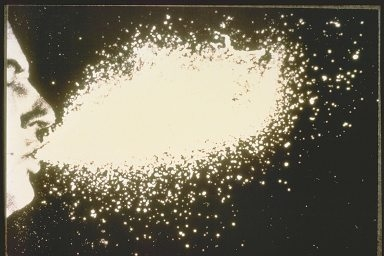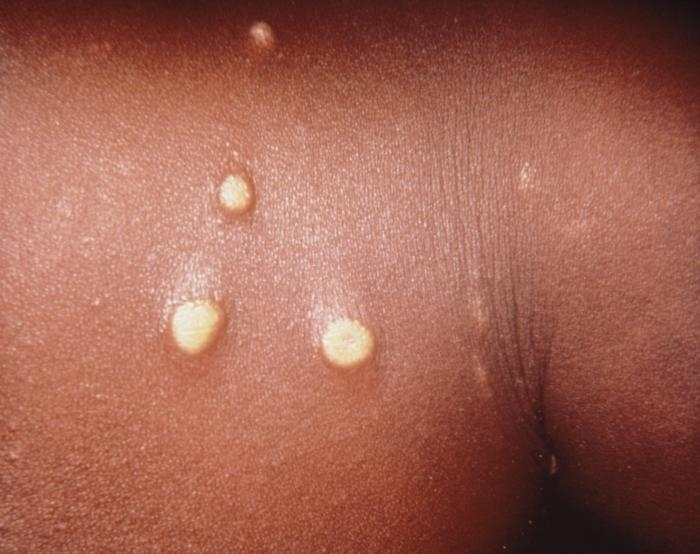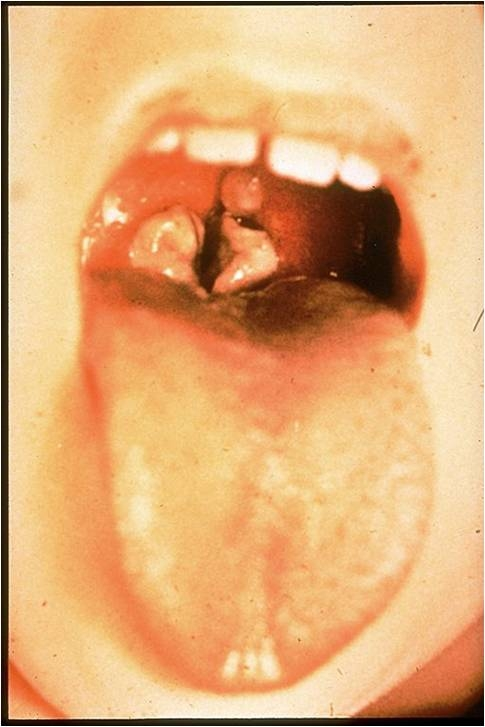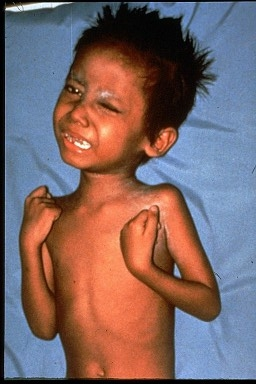Pneumonia
 What is it?
What is it?
Pneumonia is an infection of the lungs that can cause mild to severe illness in people of all ages. Signs of pneumonia can include coughing, fever, fatigue, nausea, vomiting, rapid breathing or shortness of breath, chills, or chest pain.
How does it spread?
When bacteria, viruses or, rarely, fungi living in your nose, mouth, sinuses, or the environment spread to your lungs, you can develop pneumonia or other infections. You can catch the bacteria or viruses from people who are infected with them, whether they are sick or not.
Vaccine
In the U.S., there are several vaccines that prevent infection by bacteria or viruses that may cause pneumonia. These vaccines include:
- Pneumococcal
- Haemophilus influenzae type b (Hib)
- Pertussis (whooping cough)
- Varicella (chickenpox)
- Measles
- Influenza (flu) vaccine
Shingles
 What is it?
What is it?
Shingles, also known as Herpes Zoster (or Zoster), is a painful skin rash caused by the Varicella Zoster Virus (VZV). VZV is the same as chicken pox. After having chicken pox, the virus usually remains inactive in the body, but can later reactivate, resulting in shingles.
How does it spread?
A person must have already had chickenpox in the past to develop shingles. A person can not get shingles from a person that has it. However, the virus that causes chickenpox and shingles can be spread from a person with active shingles to a person who has never had chickenpox or been vaccinated through direct contact with the rash.
Vaccine
Zostavax
Pertussis (Whooping Cough)
 What is it?
What is it?
A disease that affects the lungs. Causes long spells of coughing that make it hard for a child to eat, drink and breathe. It can lead to pneumonia, seizures and death.
Symptoms
The first symptoms of whooping cough are similar to those of a common cold: runny nose, sneezing, mild cough and low-grade fever. After about 1 to 2 weeks, the dry, irritating cough evolves into coughing spells which can last for more than a minute where the child may turn red or purple.
How does it spread?
Through the air by infectious droplets such as sneezing or coughing; highly contagious.
Vaccine
DTaP, DTP, Tdap
Flu (Influenza)
 What is it?
What is it?
A respiratory disease that attacks the nose, throat, and lungs. It can cause mild to severe illness and at times can lead to death.
Symptoms
Influenza symptoms come on quickly in the form of fever, dry cough, sore throat, headache, extreme tiredness, stuffed-up nose, and body aches. These symptoms can be severe and put you in bed for several days.
How does it spread?
Through the sneezing or coughing of an infected person; experts also think you can get the flu by touching n surface that has flu germs on it and then touching your mouth or nose.
Vaccine
TIV, LAIV
Human Papillomavirus (HPV) Infection: HPV4
 What is it?
What is it?
A common virus that infects the skin, particularly the genital area. It is the most common sexually transmitted disease in the US and can cause cervical cancer in women.
Symptoms
Most of the time there are no symptoms and most HPV infections go away on their own. Some HPV types (the high risk ones) will cause an ongoing (chronic) infection in the cervix of a female. This causes abnormal Pap smears. Chronic HPV infection can lead to cancer, especially cervical cancer. HPV can cause genital warts, which can be uncomfortable and irritating and can reoccur. Sometimes genital warts spread to a baby during birth and infect the baby’s lungs and airway.
How does it spread?
There are over 100 types of human papillomaviruses, and about 40 of them are spread through sexual contact.
Vaccine
HPV
Diphtheria
 What is it?
What is it?
A bacterial disease that affects the tonsils, throat, nose and sometimes skin.
Symptoms
Can include sore throat, low-grade fever and enlarged lymph nodes located in the neck. Also can make it difficult to swallow and breathe. Skin lesions may be painful, swollen and reddened.
How does it spread?
Through close contact with the discharge from an infected person's eyes, nose, throat or skin.
Vaccine
DTap, Td, TDaP
Tetanus (Lockjaw)
 What is it?
What is it?
A disease caused by bacteria that affects the body's muscles and nerves; causes severe muscle spasms, breathing and heart problems, and may lead to death.
Symptoms
Muscle spasms in the jaw, difficulty swallowing, and stiffness or pain in the muscles of the neck, shoulders, or back. The spasms can spread to the muscles of the abdomen, upper arms, and thighs.
How does it spread?
Cannot be spread from person to person. The only way to get tetanus is from a skin wound that becomes contaminated by the tetanus bacteria, which is often found in soil.
Vaccine
DT, DTaP, Td, Tdap
